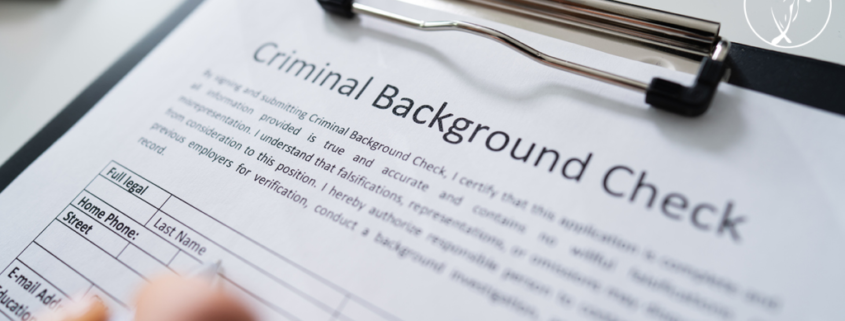Would you consider employing someone with a criminal record? — Lionesses of Africa

by Jenny Reid
In 2018, the Society for Human Resource Management (SHRM) partnered with the Charles Koch Institute to launch research on individuals with criminal records in the workforce in the USA. In 2021, they revisited the topic with some interesting findings. Recently the 2021 Getting Talent Back to Work Report was issued by SHRM. Whilst the findings are US based, it is worth unpacking the main elements of the report.
Business leaders believe:
81% – workers with criminal records perform as well or better than people without criminal records
73% – workers with criminal records are as dependable as workers without criminal records
56% – happy to work with workers with criminal records
49% – would assist in training workers with criminal records to aid their transition
67% of HR people have employed workers with a criminal record. The breakdown of records is as follows:
-
69% substance-related offences
-
67% minor offences – shoplifting, vandalism
-
37% property theft, arson
-
20% assault
-
23% fraud
-
11% sexual offence
Why people would not consider someone with a criminal record:
-
Reputation damage to the company if it was discovered they employed workers with a criminal record
-
Employees’ reactions to other workers with criminal records
-
The behaviour of individuals with criminal records
Main reasons for hiring employees with a criminal record:
-
Hiring the best person for the job regardless of criminal status
-
Wanting to give individuals with a criminal record a second chance
-
Wanting to make the community a better place
Many companies have removed the criminal record check from their employee screening policy
The most commonly used pre-employment checks:
When Sonya Skipp, General Manager of iFacts, was asked for input on these statistics, she said that whilst in South Africa, many companies still did criminal record checks as part of their employee screening programme, the situation was very different due to the high rate of unemployment. This did not necessarily mean that there were more people with high levels of skills, but it did change how recruiters think. She also stressed that companies must follow labour law. In South Africa, if a criminal record check is used to exclude a candidate from the recruitment process, the conviction must be relevant to the job in question.
Regardless of where the check was done, Skipp said that it was essential for recruiters and business leaders to consider the following when a candidate presents with a criminal record:
-
Was it a major or a minor crime?
-
How long ago was the offence committed, and what was the sentence given?
-
Is the candidate a repeat criminal offender
In addition to the above, Skipp said that employee screening was a complex programme and having a criminal record should not merely exclude a candidate or be discarded in the employment process. It is essential that the candidate is honest in the interview/application process and discloses the conviction. The programme should include other tests/verifications, and examples of these are:
-
Verification of qualifications
-
Job-specific license verifications; e.g. driver’s license
-
Social media risk assessment
-
Integrity tests
-
Company culture and value integration assessments
For assistance with your employee screening programme, contact info@ifacts.co.za.
Jenny Reid, CEO, iFacts (Pty) Ltd, Tel: 011 453 1627, website: www.ifacts.co.za



Leave a Reply
Want to join the discussion?Feel free to contribute!